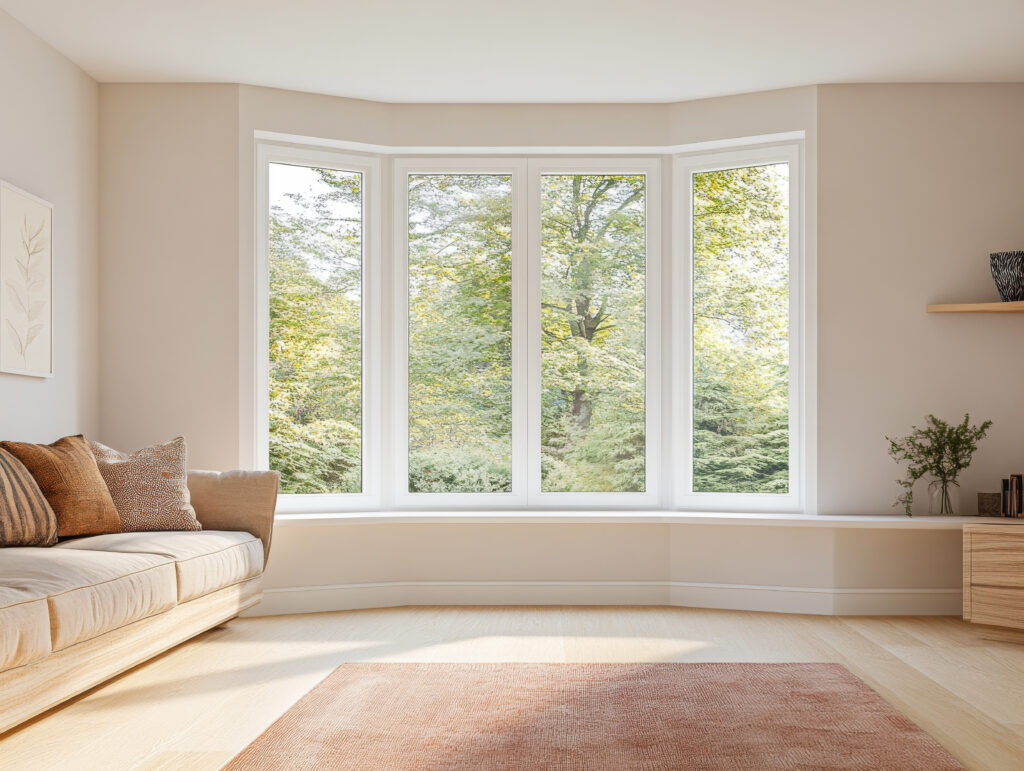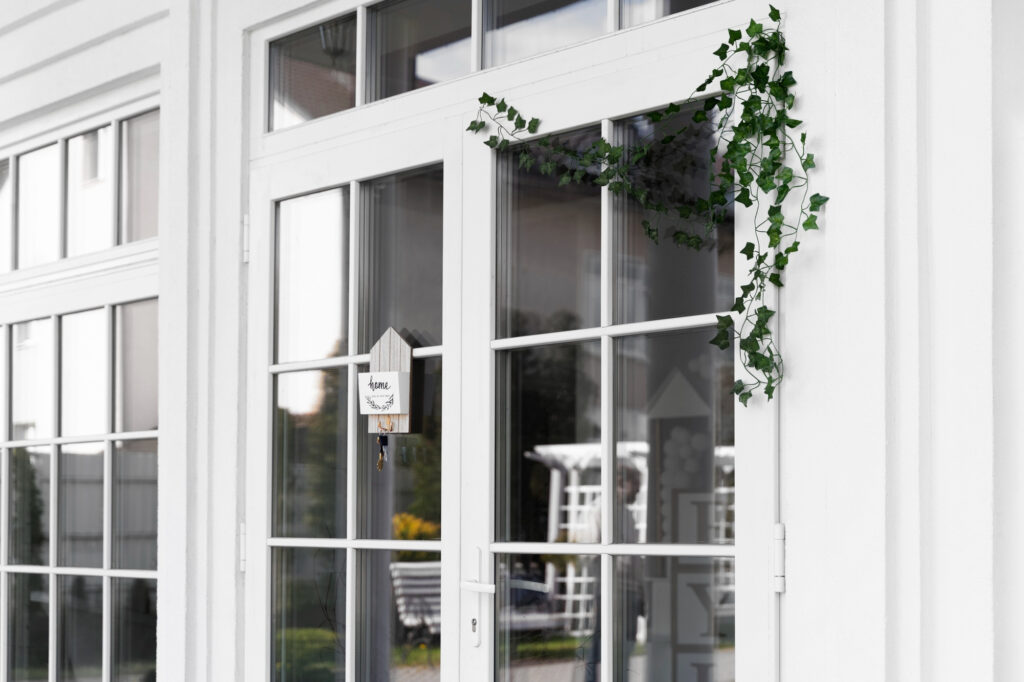Windows do more than provide natural light and fresh air—they protect your home from the elements, help regulate indoor temperature, and contribute to your home’s overall curb appeal. But over time, even the best windows can deteriorate. Whether from aging materials, poor installation, or exposure to harsh weather, worn-out windows can start to cost you more than you think. Recognizing when your window needs repair or when it’s time to seek a full replacement can save you time, money, and discomfort.
In this guide, we’ll explore the key signs to watch for and help you determine the best course of action for your home.

Why Your Window’s Condition Matters
Windows that function properly are essential to a home’s energy efficiency, safety, and overall value. Damaged or outdated windows can lead to increased utility bills, moisture problems, and even compromised security. Poor insulation caused by air leaks or broken seals may strain your HVAC system, while visible damage can negatively impact resale value.
Staying ahead of issues can prevent more costly repairs in the future and preserve your home’s comfort year-round.
Common Signs Your Window Needs Repair
Not every issue calls for full window replacement. In many cases, repairs are sufficient—and cost-effective. Here are several signs your window needs repair:
1. Drafts or Temperature Shifts
If you notice a sudden chill near a closed window or inconsistent temperatures in certain rooms, it may be due to a gap or seal failure. These leaks affect your energy efficiency and indicate that your windows are no longer insulating properly.
2. Difficulty Opening or Closing
Sticky windows aren’t just a nuisance—they can signal warped frames, damaged hardware, or swelling from moisture. If you’re struggling to operate your windows, repairs might restore full function and safety.
3. Condensation or Fog Between Panes
Moisture trapped between glass panes is a sign the seal has failed. While external condensation can be normal, persistent fogging between panes usually means the window’s insulating gas has escaped. In some cases, a repair may fix this, but recurring fog is often a reason to consider replacement.
4. Cracked or Rotting Frames
Cracks in the frame, signs of rot, or chipped paint could allow water and pests into your home. If caught early, wood rot and similar damage can often be repaired by a window repair expert before the damage spreads.
5. Increased Outside Noise
If you’re hearing more street or neighborhood noise than usual, your window’s insulation may be compromised. While minor fixes can help, persistent noise often requires more extensive work.
When It’s Time for a Full Window Replacement
Some window issues are too severe—or too costly—to repair. Here are common situations where window replacement becomes the better investment:
1. Major Structural Damage
Windows with broken glass, badly warped frames, or extensive wood rot often require replacement. Attempting to repair heavily damaged structures may only serve as a short-term fix.
2. Constant Condensation or Moisture
If fog and moisture keep reappearing between the panes even after attempted repairs, your windows likely have failed seals and lost their insulating value. This is a strong sign it’s time for new, energy-efficient windows.
3. High Energy Bills
An increase in your monthly heating or cooling costs can often be traced back to poorly functioning windows. Replacing old single-pane or outdated double-pane windows can significantly lower your utility expenses.
4. Outdated or Inefficient Windows
Older windows, especially those over 20 years old, typically lack modern energy-saving technology. If your home still has original windows, you may benefit from upgrading to newer models with better insulation, UV protection, and durability.
5. Visible Mold or Water Stains
Moisture intrusion is a serious issue. Mold, mildew, or water stains around window frames can compromise your home’s air quality and structural integrity. In most cases, replacing the affected windows is the safest choice.

DIY Fixes vs. Professional Help
Some small problems—like loose hardware or broken latches—can be DIY-friendly. But for structural issues, broken seals, or potential moisture damage, it’s best to seek professional guidance. Searching for “window replacement near me” can connect you with local services that understand your region’s climate and housing needs.
We recommend visiting the trusted team at Dr. J Windows and Screen Hospital for assessments and solutions. Whether your window needs minor adjustments or a full replacement, their experience ensures the job is done right. You can contact experts directly to schedule a consultation or learn more about their repair options.
Know When Your Window Needs Repair or Full Replacement
Understanding the signs of window wear is the first step in making informed home maintenance decisions. From drafts and noise to foggy panes and frame damage, knowing when your window needs repair can help extend its life and performance. However, when issues become recurring or severe, seeking a complete window replacement near me may be the smarter long-term investment.
Acting quickly enhances your indoor comfort while also protecting your home’s energy efficiency and overall value. Don’t wait until the damage spreads—evaluate your windows today and decide whether it’s time to repair or replace.

